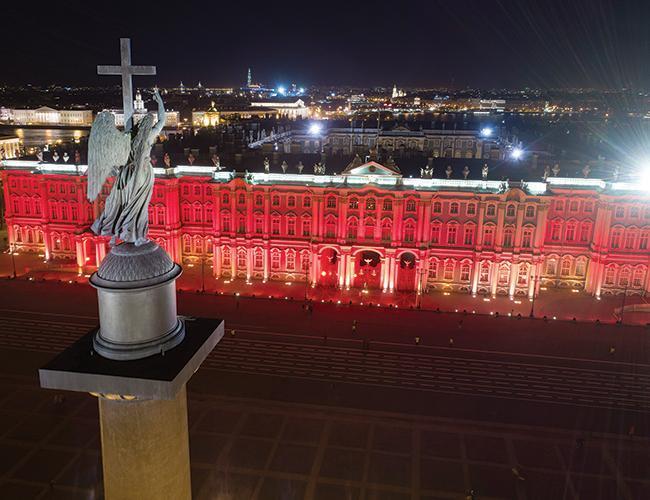
From Central Asia to Latin America, people continue to bear the revolutionary names that caught on in the wake of Russia’s 1917 Bolshevik revolution.
Revolda (Child of the Revolution), Mels (short for Marx-Engels-Lenin-Stalin), Engels and Stalina are just some of the names that live on a century later.
“My father always remained loyal to Marxist-Leninist ideals. This is why he named me Mels,” says 67-year-old Mels Yeleussizov, president of a Kazakh ecology society.
In neighboring Kyrgyzstan, 28-year-old culture ministry spokesman Marlen Solyanoy also bears a name that combines Lenin with Marx.
“For me, it’s not about liking or not liking your name: my parents chose it and it needs to be respected,” he said.Armenia’s well known composer Vladilen Balyan, whose name is an abbreviation of Vladimir Ilyich Lenin, has a similar opinion about his parents’ choice.
“I have never thought about giving up my name,” the 93-year-old tells AFP.
“It’s my childhood, my youth, my life!” In Albania, AFP meets the 66-year-old director of Tirana’s Academy of Albania Studies, Marenglen Verli -- whose first name combines Marx, Engels and Lenin.
“The name Marenglen was very popular in the 1950s (in Albania),” Verli says“I have never thought about changing it. During the revolutionary era, there were worse ones than mine.”
He cites the name ‘Melset’, short for Marx, Engels, Lenin, Stalin, Enver (after Albania’s communist leader Enver Hoxha) and Tito (Yugoslavia’s leader).
After the fall of communism in Tirana in the early 1990s, some Albanians changed their revolutionary names: Lenin became Luli and Marenglen became Maringlen to sound more Albanian.
Ninel Omelyanenko, a 26-year-old living in Kiev, said she bears a revolutionary name (Lenin spelt backwards) by chance rather than for ideological reasons.
“My father always hated the Soviet system but our neighbor was a convinced communist,” she says. One day, the neighbor had asked her father what name had given his newborn daughter. He answered: “Ninel.”
“Finally, there is someone in your family who honors the memory of the great leader!” the neighbor replied.
But for her family, “Ninel” was simply the combination of “Nina” and “Nelia,” the names of the girl’s two grandmothers.
“My father was angry at my mother who chose this name completely innocently,” she says.
In Moscow, the parents of 18-year-old student Vilen Martirossyan chose their son’s name (an abbreviation of Vladimir Ilyich Lenin) consciously, in honor of his grandfather.
“Young people my age don’t usually react when they hear my name,” said Vilen, who was born eight years after the fall of the USSR. “But people in their seventies say straight away: Ah, Vladimir Ilyich!”